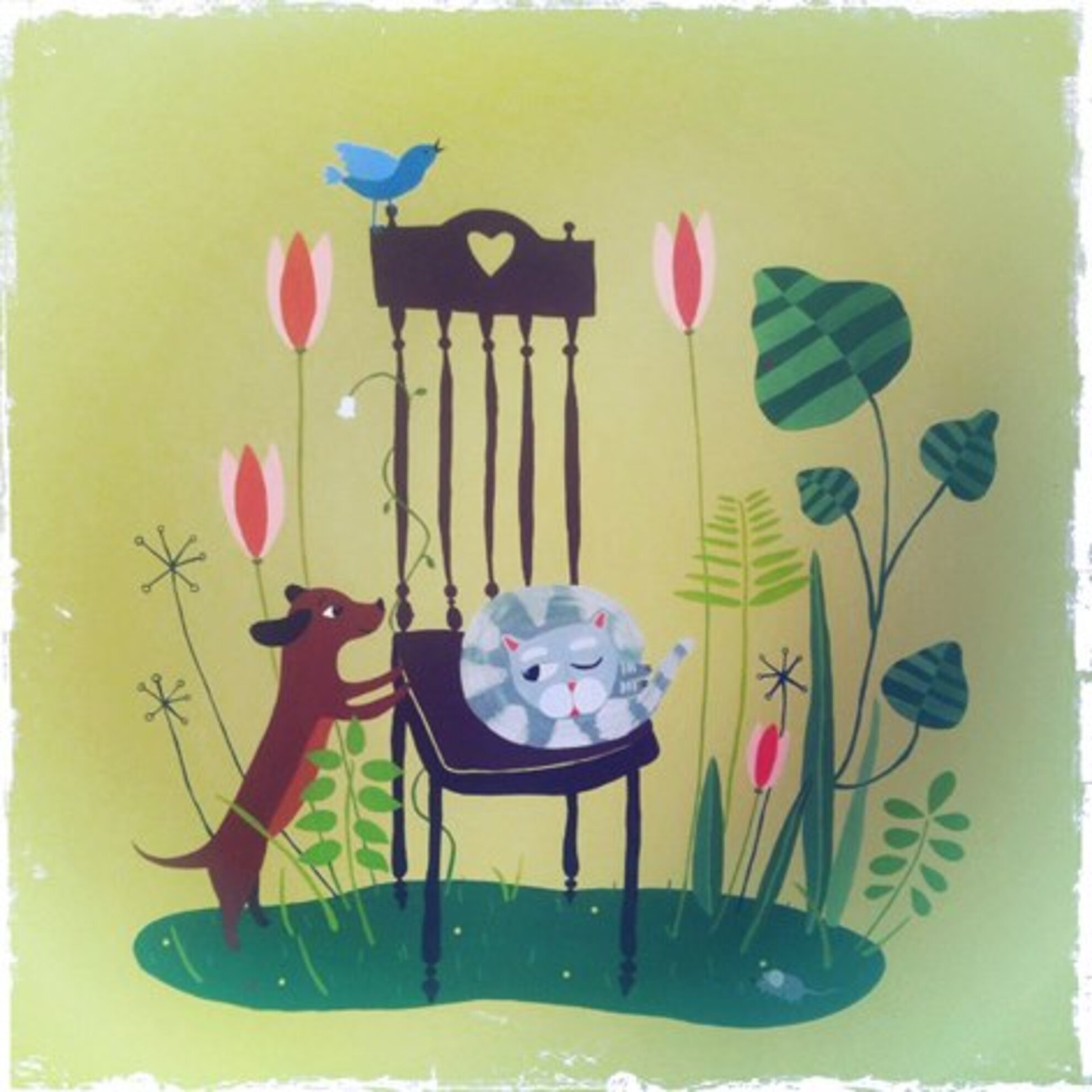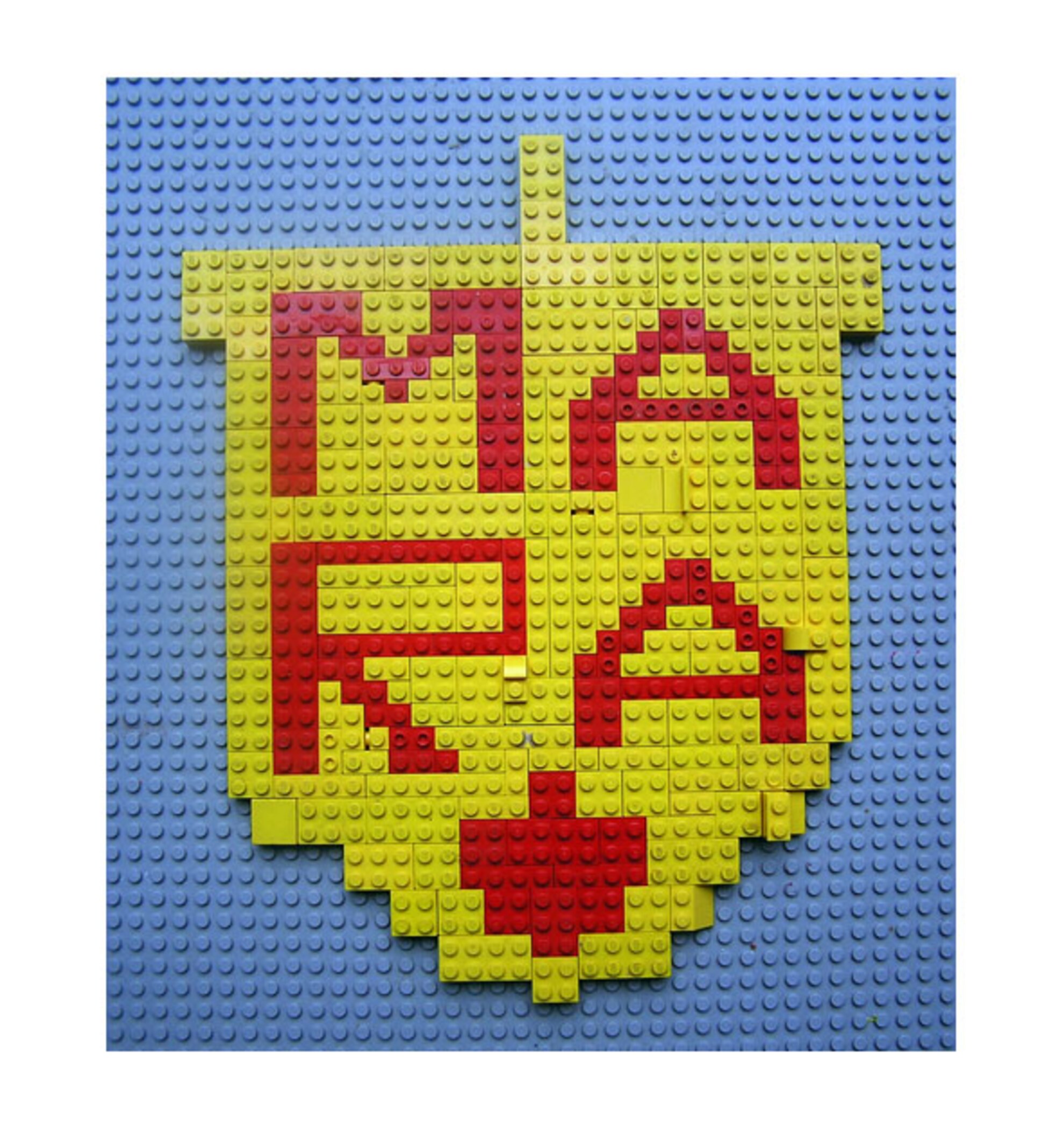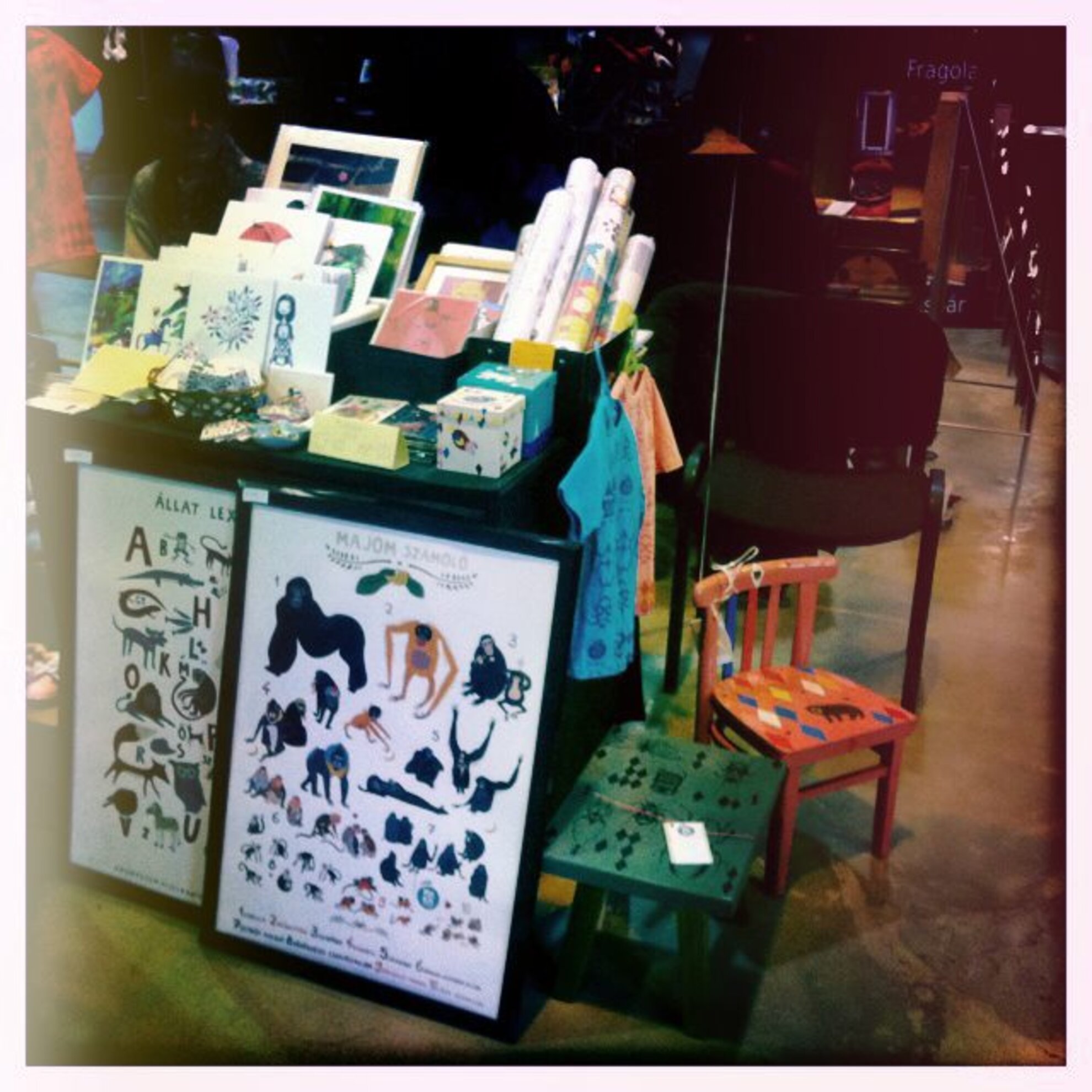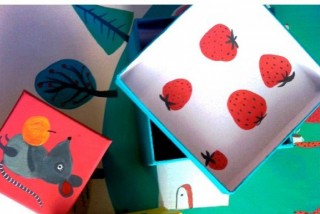WeLoveBudapest: What is MARA Factory?
MARA Factory:
We simply started to renovate old furniture for child bedrooms, which got a new illustrated design. Then the range of activities became wider and now we make posters, special design toys, organize performances, puppet-show and basically everything which can be connected to children.
WLB:
How do you renovate old pieces of furniture? Why are they more exciting?
MARA:
Old furniture has a better quality and is more beautiful than nowadays’ pieces. On one side they are unique, on the other side; they were made from wood in comparison of today’s mass-produced ones. In the beginning we visited the streets of Budapest and were looking for thrown away chairs, chest of drawers, cupboards, tables… then we went to flea markets to find even more fancy pieces. Later we figured out a better solution, that is, when people bring their lopsided chairs or rocking-horses and we renew them in a MARA way.

WLB: What motivates you?
MARA: It’s important what surrounds us in our childhood, as it becomes part of our self-development and taste. That’s why we’d like if children would love our furniture, toys and have nice memories about them. However, this was sort of a kamikaze action from us, to set up this business. Who knows the outcome? But we undeniably would like to create something personal and try if we can make it by ourselves. It’s significant to tell, we work with environmentally friendly, abrasion-resistant and water-based paints. Our newest idea is to create an ipad storybook, thus printing would be unnecessary and we’d follow the eco-line.WLB:
Can you remember any of your childhood toys?
Blanka:
I remember a yellow teddy, which was actually not mine, but the neighbour boy’s. It was hanging above the bed, had red nose and made sounds if you pressed it. I loved it and found interesting. When I told my mum about the teddy she could hardly believe that I remember because I was only 2 years old. Well, those toys are memorable, which really impress you.
Mariann:
I was a weird girl, always drawing and reading. I was talking to my imaginary brothers and sisters until the birth of the real ones. I can remember my little woodencubes, withletters, numbers, and pics of animals on all sides. It was made in Russia, of course, but good quality and I still have it, my children play with them. With the help of these cubes I was able to read and write at the age of 4. MARA Factory has also made something similar, and it was a great success.WLB: Do you have any children?
MARA:
Mariann and Adél have 3 kids. They usually watch how new chairs and boxes are made. They simply love them and of course want to keep them and don’t want us to sell them. Partially, they are our control group, they always tell if the new products will be successful or not. On the other side ,kids are our procurers and forecast the ‘toy and child fashion’. They smell out the newest trend in school and nursery school.

WLB:MAray +RAdnóti =MARA, but what was before that?
How did you meet?
MARA:
We have known each other for quite a long time, because we attended the same university (Moholy-Nagy University Of Art And Design). But it was the last year when we got to know each other better. We never had a close relationship and would have never thought to work together one day. We both dealt with illustration, but we were two different worlds, with diverse tastes, interests and life. Finally, the turning point was, when a common work shoke us together and we came to know the third artist of MARA, Adél Várszegi. She writes stories and poems for kids and we illustrate them. Unfortunately, her works haven’t been published yet, because it’s a hard time on the market now.
WLB:
This was the reason why you seemingly ’broke with’ illustration?
MARA:
The problem with book illustration is, you cannot take it for granted that the illustrated book will be published until you physically hold it in your hands. You cannot build anything upon that. It’s not necessarily the fault of the publisher, sometimes ready books remain in the stores too. That was one of the reasons we created MARA. We found out, if we want to achieve something, it’s only possible by our own realization and it works well, if we join each together. It’s hard to be alone on this market today. In our team everyone knows what and how to do, we complement each other.WLB: Tell me about your weekdays. What do you do?
MARA:
We are extremely busy every day. We work two days at MOME and help in the implementation of an EU project, a developer software for children. We have an easy-going day as well. Then we have a fix day when we come together and do brainstorming, write our to do list. But actually we create every day and it’s difficult to lay down the paintbrush at the end of a day.

WLB: Where can people find you?
MARA:
We presented our collection in August in Nyitott Mappa, and many customers visited us to order something. By the way MARA is spreading online (Facebook, blog) and offline very well. It’s not rare when people visit their friends’ home and discover a MARA chair or table and call us to get one.WLB: Will you have a fix place?
MARA:
Yes, of course, and we are looking forward to it! At the end of March we move to a workshop in Lónyay Street, where you can come in by an appointment. There will be a showroom with our works as well. This will be like a dream come true! Everything in one place, furniture, books, albums… You can meet the MARA Factory girls and their collection on 14 January in Műhely Gallery. On 21 January they are waiting for you with puppet-show and handcraft programmes at the same place.




